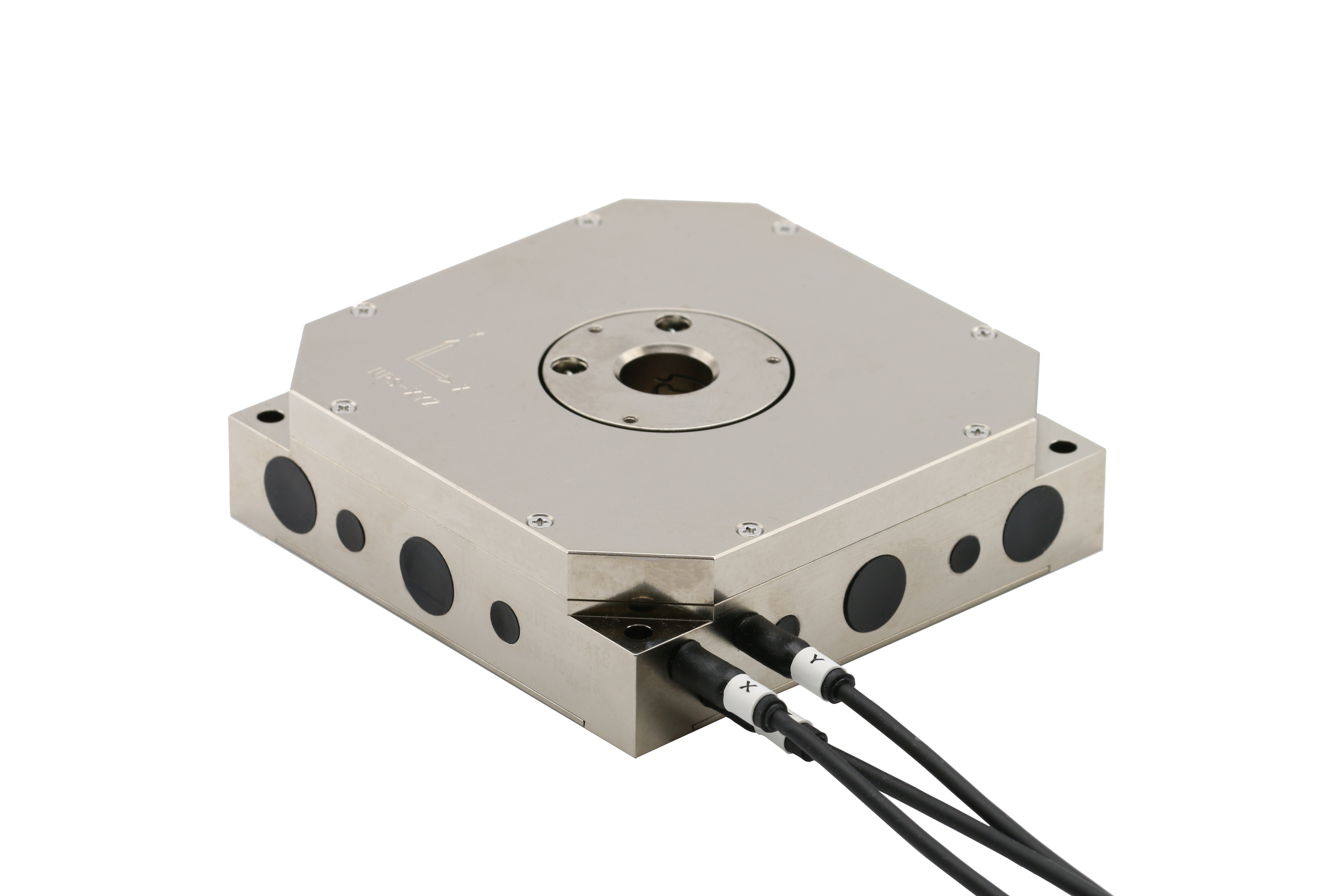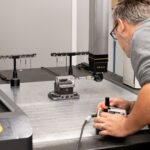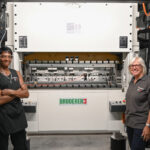A 2025 report from Ifac, The Next Generation: The Changing Face of Agriculture, found that only 31 per cent of Irish farmers believe technology enhances decision-making and 37 per cent say it improves labour efficiency. But with the farming industry facing increasing challenges, including an aging workforce, sustainability concerns and poor efficiency, technology has the power to alleviate this. Here, Dave Walsha, sales and marketing director at drive system supplier Electro Mechanical Systems (EMS), explores how micromotor-driven agritech can future-proof farming.

Agriculture is a historical pillar of Ireland’s economy. However, the sector faces challenges, including rising production costs, sustainability pressures, labour shortages and an ageing workforce. In 2023, agriculture accounted for 37.8 per cent of Ireland’s greenhouse gas emissions, and according to the Teagasc National Farm Survey, the average age of Irish farmers is 58.
These challenges pose a significant threat to the long-term security of agriculture. To future-proof the sector, it’s essential that farmers adopt technologies that boost productivity, optimise resources and promote more sustainable farming practices.
Embracing agritech automation
Agritech facilitates automated feeding systems, which dispense accurate amounts of feed at scheduled intervals. This reduces the need for manual labour, enhancing farm productivity and improving livestock health. This method of feeding also reduces waste, lowering operational costs and sustainability impact.
Robotic harvesting technology, equipped with sensors and machine vision to autonomously pick ripe produce, addresses labour shortages by reducing reliance on seasonal labour. Optimised harvesting improves crop health and reduces the need for chemical interventions. By removing mature produce at the right time, it prevents overripe or damaged crops, which can attract pests and diseases. This minimises the need for pesticides and fungicides and fosters long-term environmental sustainability.
Water scarcity, exacerbated by climate change, is another critical issue that agritech can combat. Automated irrigation systems optimise water usage by delivering it only when and where needed. By integrating soil moisture sensors, these systems dynamically adjust water flow, minimising waste while ensuring crops are properly hydrated.
Furthermore,in greenhouses and livestock barns, where maintaining stable environmental conditions is crucial for both productivity and animal welfare, automated ventilation systems respond to temperature changes and adjust airflow. As extreme weather events increase, this technology ensures climate resilience in farming, further reducing energy costs.
The role of advanced motors
At the core of these agritech systems is advanced motor technology. Particularly, brushless DC motors, which enhance the precision, efficiency and reliability of agritech applications. The FAULHABER’s BX4 brushless DC motor with a compact design, speeds up to 29,000 min⁻¹, torque up to 96 millinewton metres and continuous output of 62 watts, offers a precise, powerful solution for agritech applications, such as robotic harvesting.

Its ironless rotor design minimises wear, extends operational life and eliminates cogging, reducing vibration and noise. This makes it suitable for demanding, continuous agricultural tasks while minimising machinery noise that could disrupt livestock. Additionally, its IP-rated enclosure protects against harsh environmental conditions, such as dust, moisture and temperature fluctuations common in farming.
Stepper motors move in incremental steps, providing accuracy for feed dispensing and ventilation control, where even small deviations can lead to issues such as inconsistent feed delivery or improper airflow. These inaccuracies waste resources, overwork components and reduce performance, which may cause mechanical failures.
The brushless design of stepper motors also reduces wear, extending service life and minimising maintenance needs. This makes them well-suited for agritech systems, such as automated irrigation systems, which must be consistently reliable and where downtime causes financial loss, reduced productivity and compromised product quality.

Stepper motors also provide consistent torque at low speeds, enabling energy-efficient operation. With the ability to hold positions without continuous power, they enhance farming efficiency and reduce energy consumption. These features make stepper motors a reliable choice for optimising resource management and supporting sustainable, high-precision agricultural practices.
As Irish agriculture grapples with rising costs, labour shortages and sustainability pressures, agritech powered by advanced motors offers a smarter way forward. By enhancing efficiency and resilience, these technologies equip farmers to address today’s challenges while future-proofing their operations for a more sustainable and productive tomorrow.








